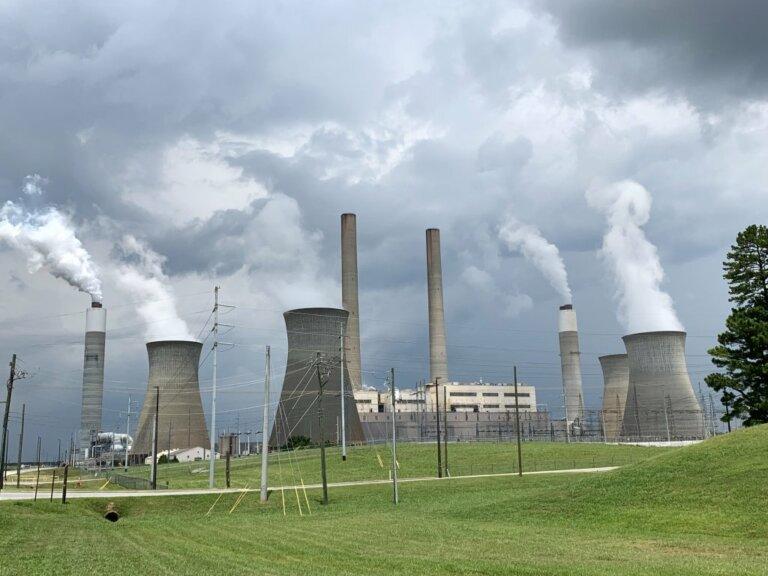
Caption
A Southern Alliance for Clean Energy report says that Southern Co., Georgia Power's parent company, and other major Southeast utilities need to ramp up efforts to reduce carbon emissions and transition to cleaner forms of energy. Plant Bowen near Cartersville is one of a few coal-fired plants Georgia Power still operates in the state.
Credit: Georgia Recorder/File photo

